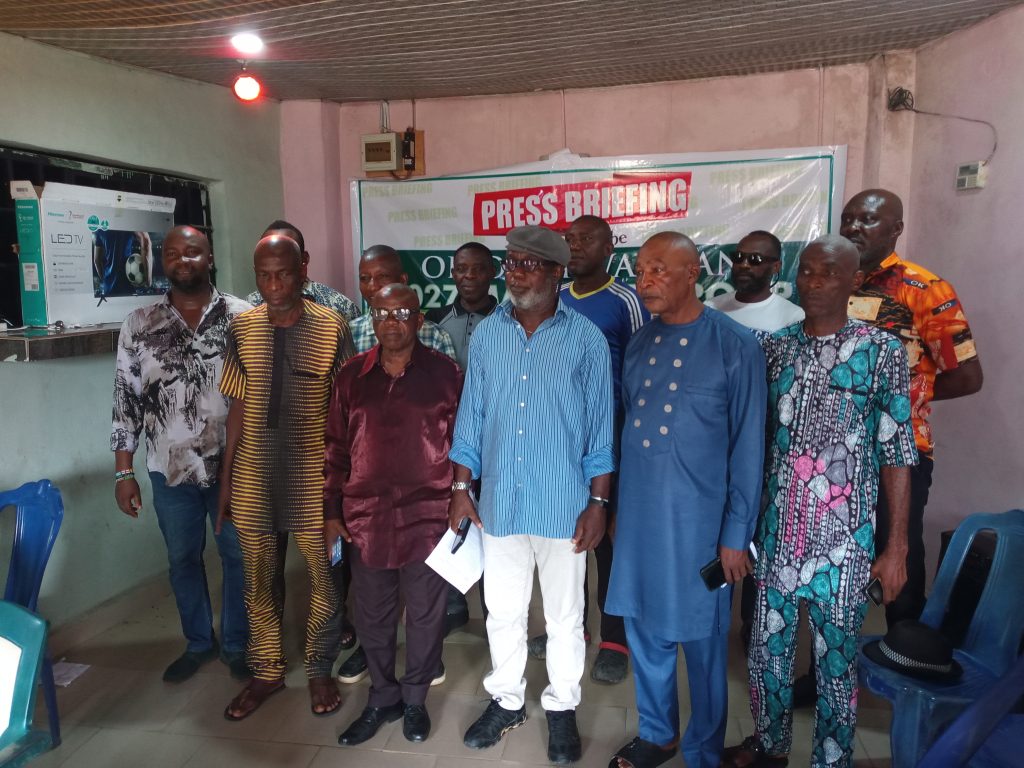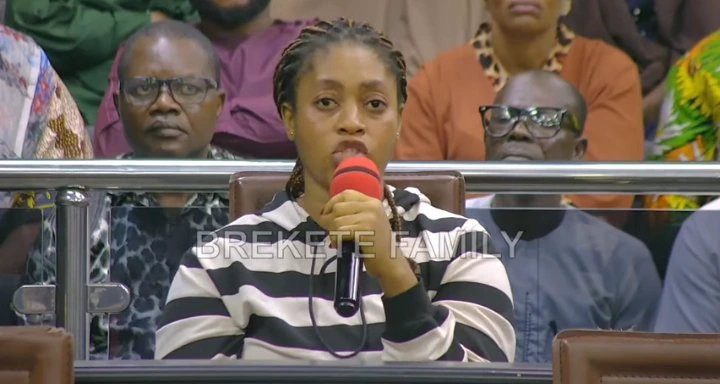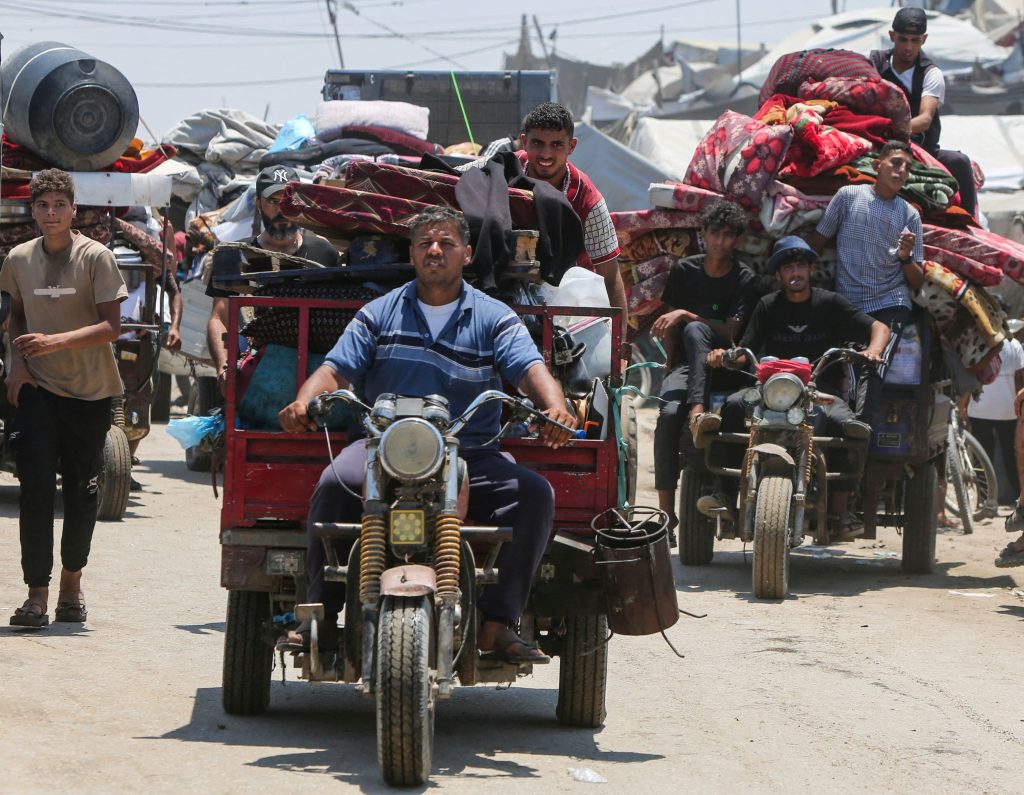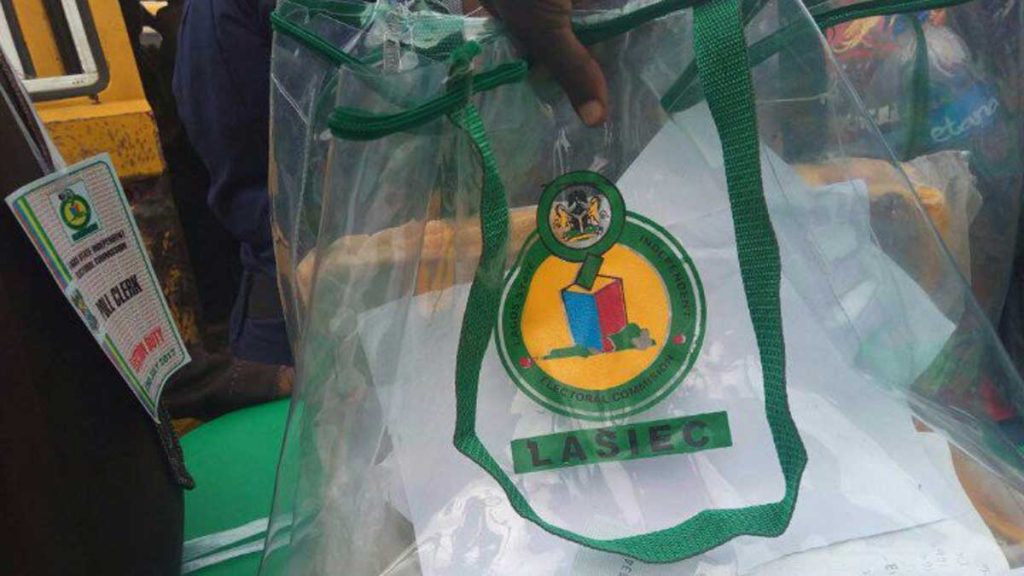Politics
NIREC urges: End protest now

The Sultan of Sokoto and President of the Nigeria Supreme Council for Islamic Affairs (NSCIA), Alhaji Muhammad Sa’adu Abubakar III, along with the President of the Christian Association of Nigeria (CAN), Archbishop Daniel Okoh, urged Nigerian youths to end the ongoing nationwide protest on august 2, 2024.
The two religious leaders made the call in a joint statement signed with the Executive Secretary of NIREC, Prof. Cornelius Afebu Omonokhua.
This appeal was issued to address the ongoing nationwide protest.
Religious leader’s speech
The previous day, the Sultan urged both protesters and organizers to set aside their differences and engage in dialogue.
“With the ongoing protests in Nigeria and the information reaching His Eminence, Alhaji Muhammad Sa’ad Abubakar the Sultan of Sokoto and President-General, JNI, he once again appeals to the protest conveners, their covert and overt benefactors, as well as other critical stakeholders to sheath their swords and urgently come to the table for dialogue.
“We genuinely feared escalation to an uncontrollable scenario and the reports are tilting towards that.
“Therefore, we in the name of Allah, the Most High call for an end to the snowballing rampaging, in the name of protest.
“We should all understand that there must be a stable country called Nigeria, before we can proudly call ourselves Nigerians.
“With tomorrow being Friday, Jumu’ah mosque Imams and Muslim leaders are implored to calm nerves and call on the Ummah to appreciate peace than chaotic state of affairs, which may even deny us congregational prayers…..
“Nevertheless, the Sultan of Sokoto, implores the President, Federal Republic of Nigeria to address the nation, by assuring all Nigerians that peace, security, stability, relief to hardship and food security would be achieved under his stewardship, in-sha’Allah.
“Likewise, State Governors should also calm nerves, as silence is no longer golden at this moment of anxiety.
“In this time of challenge, we pray for guidance, protection, good health, and peace for all leaders, and for tranquility to prevail in Nigeria.
“May Allah, the Highest, also provide the quickest relief to all problems bedeviling the Nigerian State, Aamin.”
NIREC statement
According to the Sultan and President of CAN the NIREC statement expressed deep concern over the recent protests that, despite starting peacefully on August 1, 2024, quickly turned violent.
The council highlighted the loss of lives and property and urged Nigerians to end the protests to allow the government a chance to address the issues.
They warned of further extensive damage if the violence continues.
The religious leaders stated: “The NIREC observes with heavy heart the happenings in the country at the moment.
“The protest that commenced in a peaceful manner on Thursday, August 1, 2024, despite pleas from all quarters, took a turn for the worse and became violent later in the day.
“In just a few hours lives and property were lost due to this unfortunate scenario,” the statement read.
“NIREC hereby calls on fellow citizens of Nigeria to please call off this protest and give the government a chance to redeem itself.
“In just one day lives and enormous amount of property have been destroyed. Imagine if this continues for a prolonged period of time, only God knows the extent of damage that would be incurred,” the council said.
They also urged security agencies to act with greater professionalism in carrying out their duties.
NIREC urged the government to take swift action to address the needs and concerns of the citizens.
“We need a peaceful and tranquil nation we can be proud to call our own,” NIREC said.
About Christian Association of Nigeria (CAN)
The Christian Association of Nigeria (CAN) is a major umbrella organization that represents a broad spectrum of Christian denominations in Nigeria.
Established in 1976, CAN serves as a unified voice for Christians across the country, advocating for their interests and addressing religious, social, and political issues.
Structure and Membership
CAN encompasses various Christian groups, including Protestant denominations, the Roman Catholic Church, and other Christian organizations.
It operates through a national body and has regional and state chapters that coordinate activities at local levels.
The organization’s leadership includes a President, who is elected by the members.
It also includes other executive members responsible for different aspects of its work.
Objectives and Activities
- Advocacy
They promote religious freedom and defending the rights of Christians in Nigeria. This involves addressing issues related to religious discrimination, violence, and persecution.
- Social Justice
They engage in activities that promote social justice and address societal problems such as poverty, corruption, and human rights abuses.
- Interfaith Dialogue
CAN encourage peaceful coexistence and dialogue between different religious groups to foster national unity and harmony.
About Nigeria Supreme Council for Islamic Affairs (NSCIA)
The Nigeria Supreme Council for Islamic Affairs (NSCIA) is a prominent umbrella organization representing the interests of Muslims in Nigeria.
Established in 1962, the NSCIA plays a central role in coordinating Islamic activities.
They advocate for Muslim rights and promoting the welfare of the Islamic community across the country.
Structure and Membership
The NSCIA is headed by the Sultan of Sokoto, who serves as its President.
The council includes various Muslim organizations, scholars, and leaders from different Islamic sects and regions in Nigeria.
It operates through a national body with several committees and regional chapters that facilitate its activities at local levels.
Objectives and Activities
- Advocacy:
They Promote and defend the rights and interests of Muslims in Nigeria.
This involves engaging with government authorities and other stakeholders to address issues related to religious freedom and public policy.
- Religious Guidance:
NSCIA Provides religious guidance and educational resources to the Muslim community. This includes organizing seminars, conferences, and workshops on Islamic teachings and contemporary issues.
- Community Welfare:
They Work on initiatives that address the social and economic needs of Muslims, including poverty alleviation, healthcare, and education.
For Diaspora Digital Media Updates click on Whatsapp, or Telegram. For eyewitness accounts/ reports/ articles, write to: citizenreports@diasporadigitalmedia.com. Follow us on X (Fomerly Twitter) or Facebook











